The Minister of Sanitation and Water Resources (MSWR), Mrs. Cecilia Abena Daapah, has revealed that the creation of the ministry has contributed to the improvement of access to basic drinking water in the country.
According to her, the population of Ghanaians with access to basic drinking water have increased from 79% in 2017/2018 to 87.7% in 2021, while that of improved toilet facilities, including public toilets, has also increased from 66% to 80.8% within the same period.
Mrs. Daapah said the government, through the MSWR, has invested an amount of US$1.4 billion in many water and sanitation projects nationwide, some of which have been completed while others are still ongoing.
He made this known on Tuesday, June 13, 2023, during the launch of the Ghana Water, Sanitation and Hygiene Sector Development Programme (GWASHSDP) in Accra with support from the World Bank in collaboration with WASH stakeholders and partners.
She said, “it is expected that about 5.3 million people will benefit from these interventions adding that the government of Ghana has also partnered with other key stakeholders and the private sector to provide water and sanitation infrastructure nationwide.”
The minister acknowledged the support of World Bank Group for financing the flagship programme in Accra and Kumasi Sanitation and Water Projects leading to the laying down of 282 km of pipelines benefiting over 420,000 people, representing 85,000 households.
Mrs. Daapah added that over 393,600 people in low-income communities representing 49,200 households in Accra and Kumasi Metropolitan areas have been provided access to improved toilet facilities contributing to the reduction of open defecation in these cities.
Launching the programme, she revealed that the GWASHSDP is aimed at ensuring effective coordination and implementation of WASH activities and addressing key sector challenges that limit the provision and sustenance of WASH services and the conservation of water resources, through strategic planning, institutional development and system strengthening,
Others, she mentioned are encouraging wider stakeholder participation in the planning, implementation, monitoring, and reporting of WASH services and activities, prioritising positive and sustainable behaviour change in safe WASH practices and ensuring accountability and transparency.
These, the minister said if implemented would immensely contribute to achieving national, continental and global visions, goals and targets for integrated water resources management and sustainable WASH services for everyone living and working in Ghana by 2030.
WASH initiatives implemented
She said in the rural water sub-sector, there are ongoing reforms to transition the Community Water and Sanitation Agency (CWSA) from a facilitator to a rural water utility is a key Government Reform Agenda that will help overcome the remaining service delivery challenges that persist in the rural communities while in the urban sub-sector, the poor are receiving enhanced attention, as Ghana Water Company Limited (GWCL) has established a Low-Income Customer Department (LICSD) to facilitate the provision of water to these peri-urban communities.
Again, the minister added that the Water Resources Commission (WRC) is doubling its efforts to safeguard the integrity of water resources through improved regulation and monitoring of the pollutants including pathogenic microorganisms, organic waste, fertilizers and plant nutrients, toxic chemicals, sediments, heat, petroleum (oil) and radioactive substances in water bodies.
The sanitation sub-sector has increased its capacity nationwide to ensure that households have access to sustainable toilets, whilst institutions like schools and health care facilities have decent, gender-friendly toilets in addition, 437 disability-friendly, gender-sensitive institutional sanitation facilities were constructed for 260 schools benefiting over 419,537 pupils in low-income communities in the Greater Accra Metropolitan Area.
A total of 129 such institutional sanitation facilities are under construction for beneficiary schools in the Greater Kumasi Metropolitan Area as well. The project will also expand and rehabilitate the Asafo Sewerage System in Kumasi.
He added that the Ghana WASH Sector Development has estimated that US$ 8 million is required for water resources management, US$ 420 million for urban water supply, US$ 350 million for rural and community water supply, US$ 800 million for sanitation (US$ 700 and US$ 100 million for urban and rural areas, respectively) and US$ 60 million for hygiene; and another US$ 60 million for system strengthening and institutional development.
On his part, the Global Director, Water Practice at World Bank Group, Mr. Saroj Kumar Jha advised the government to partner with the private sector in ensuring growth and mentioned the Angolan example of where the government went to the World Bank to seek a guarantee to raise funds to develop the sector.
Sompaonline.com/Nana Yaw Boamah


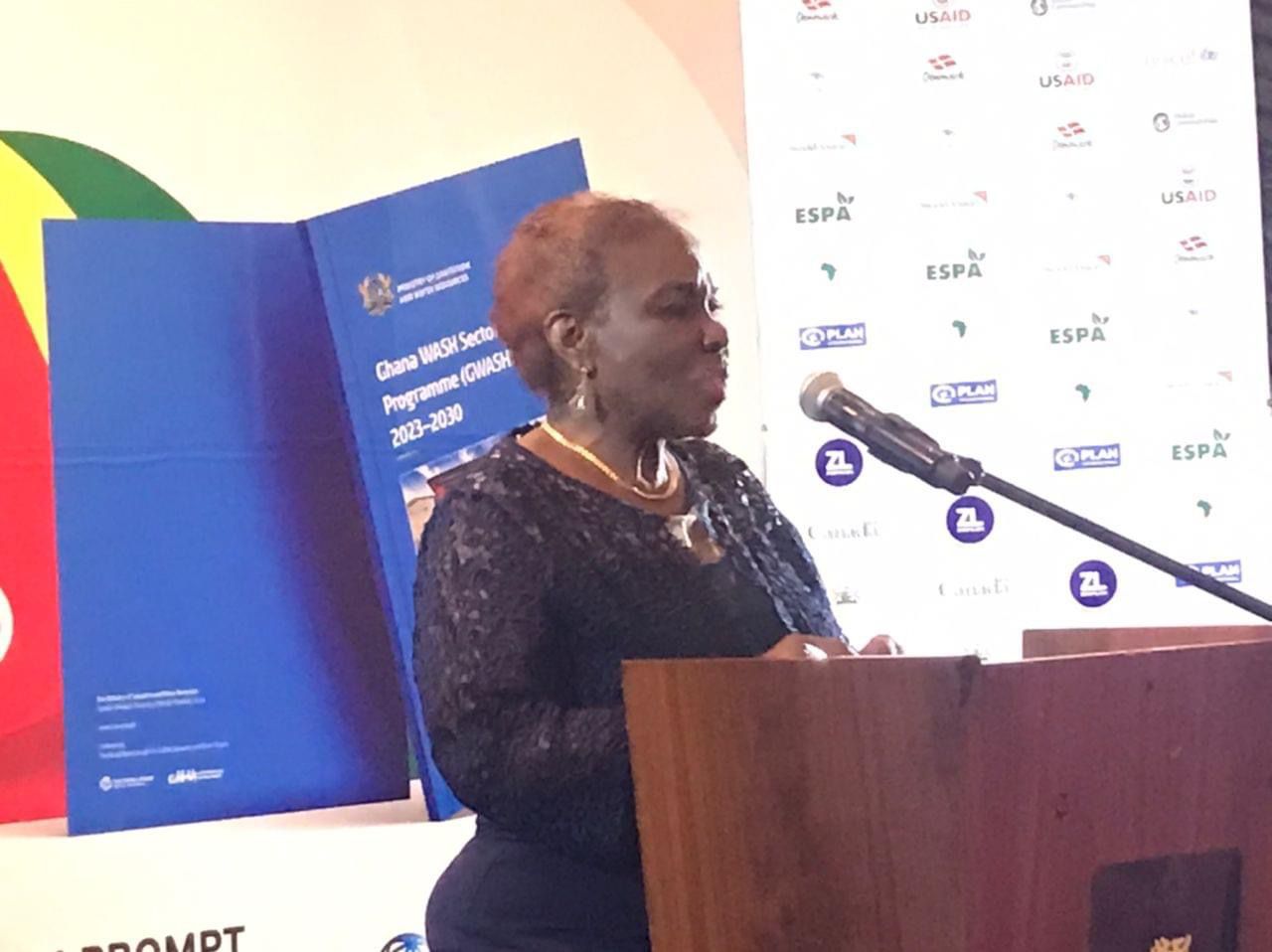

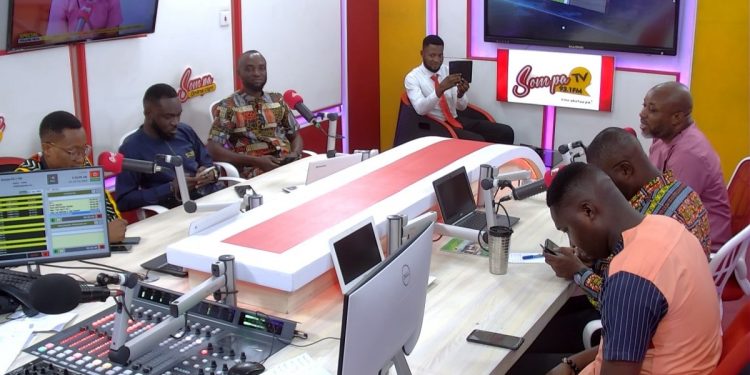
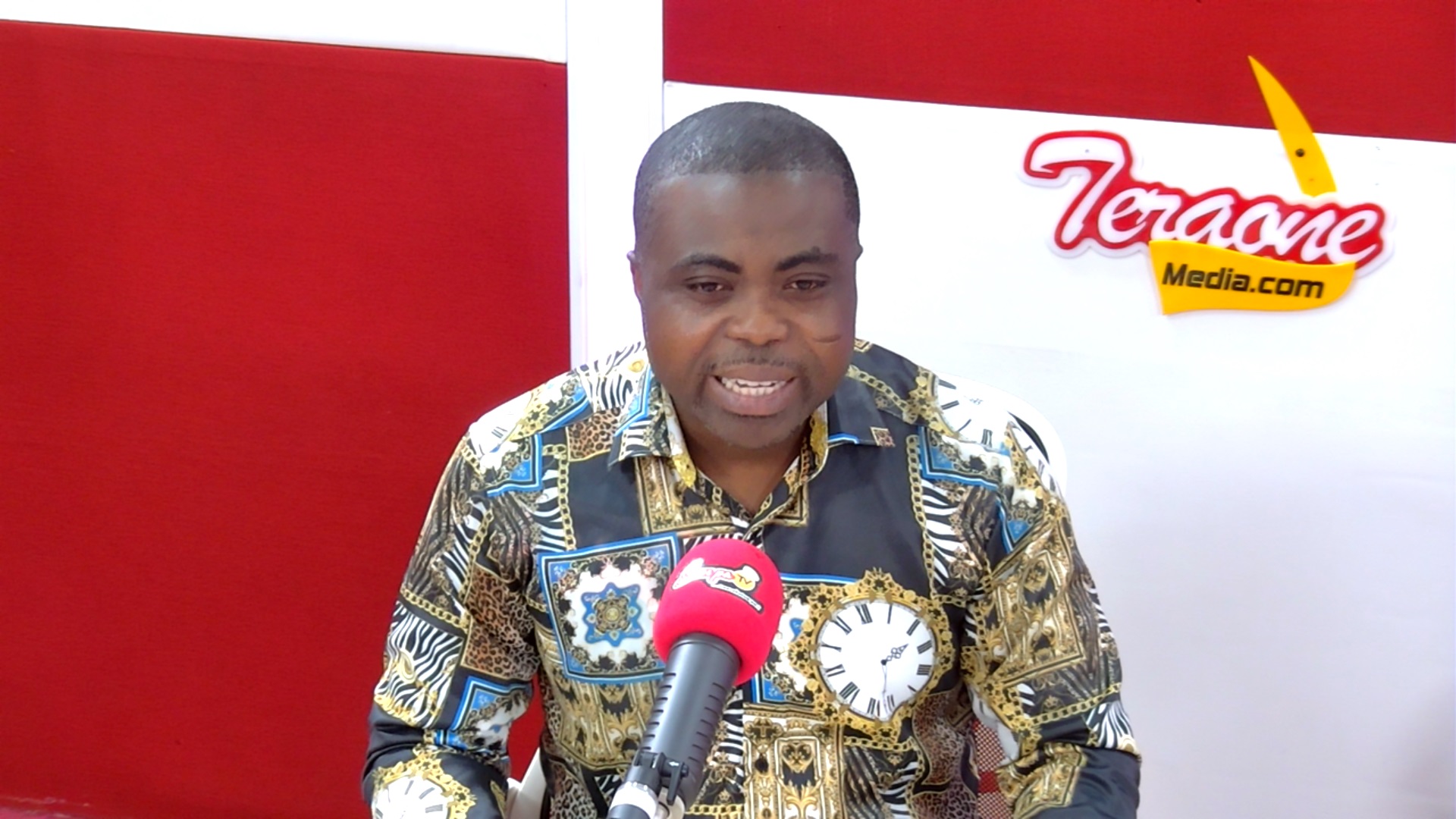
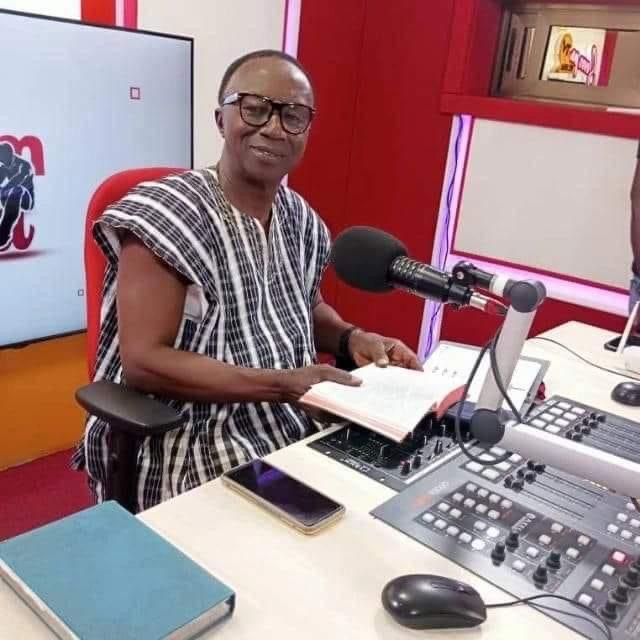




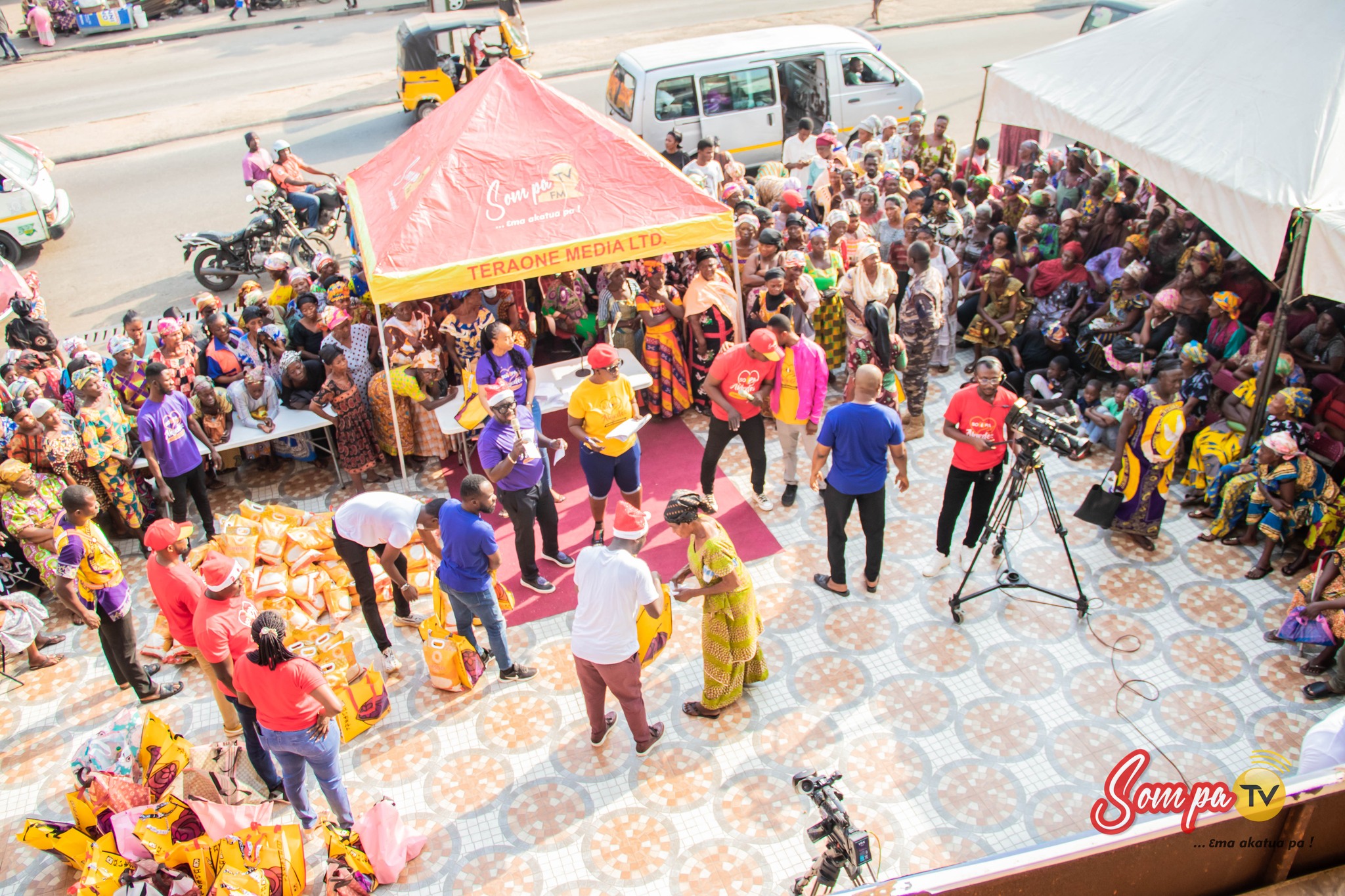
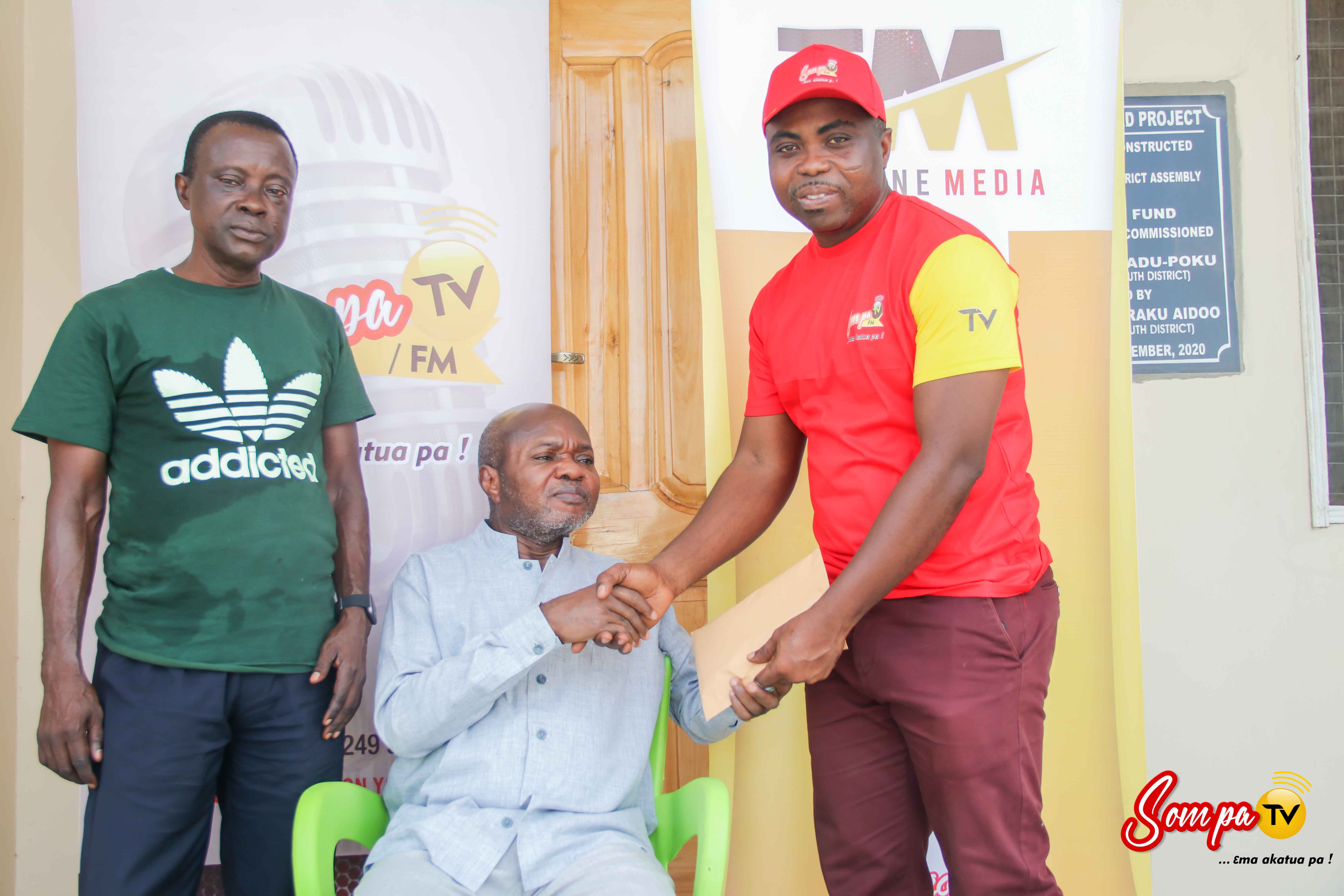
 Sompaonline.com offers its reading audience with a comprehensive online source for up-to-the-minute news about politics, business, entertainment and other issues in Ghana
Sompaonline.com offers its reading audience with a comprehensive online source for up-to-the-minute news about politics, business, entertainment and other issues in Ghana